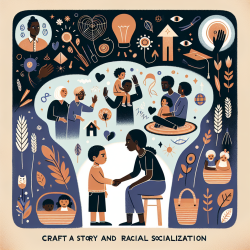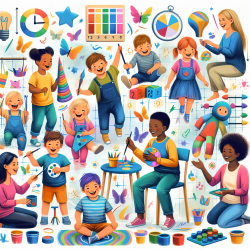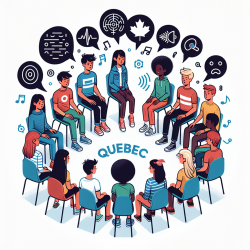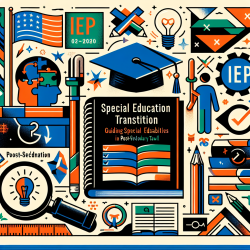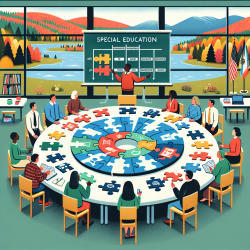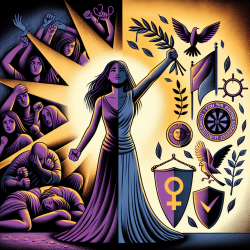Understanding Racial Socialization for Black Youth: Implications for Practitioners
Racial socialization (RS) is a crucial process for Black youth, encompassing the transmission of messages about race from adults to children. This process involves verbal, nonverbal, direct, or implicit messages that help Black youth navigate their racial identity and cope with racialized experiences. The study "Exploring Black Youth’s Belief in Racial Socialization Across Parental and Non-parental Agents" provides valuable insights into how both parental and non-parental figures contribute to this process, offering practitioners actionable strategies to enhance their support for Black youth.
Key Findings from the Study
The research highlights several important findings regarding the role of different agents in racial socialization:
- Parental Influence: Parents are primary transmitters of racial socialization messages, particularly those related to racial protection and bicultural coping. These messages help youth develop a sense of racial pride and prepare them for racialized experiences.
- Non-parental Agents: Non-parental figures, such as teachers, mentors, and media, also play a significant role in shaping Black youths' beliefs in racial socialization messages. These agents often reinforce or complement the messages received from parents.
- Racial Protection Messages: These were the most salient among Black youth, emphasizing the importance of understanding and coping with racism.
Implications for Practitioners
For practitioners working with Black youth, understanding the dynamics of racial socialization can enhance their ability to support positive developmental outcomes. Here are some practical applications:
- Engage Parents: Encourage parents to actively participate in racial socialization by providing them with resources and training on effective communication of racial pride and coping strategies.
- Leverage Non-parental Agents: Collaborate with teachers, mentors, and community members to create a supportive network that reinforces positive racial socialization messages.
- Promote Bicultural Coping: Equip Black youth with skills to navigate both their cultural identity and mainstream society, helping them manage racialized experiences effectively.
Encouraging Further Research
While this study provides valuable insights, there is a need for continued research to explore the nuances of racial socialization across different contexts and its long-term impact on Black youth. Practitioners are encouraged to engage in or support research efforts that further investigate these dynamics, particularly in diverse family structures and socioeconomic settings.
To read the original research paper, please follow this link: Exploring Black Youth’s Belief in Racial Socialization Across Parental and Non-parental Agents.
